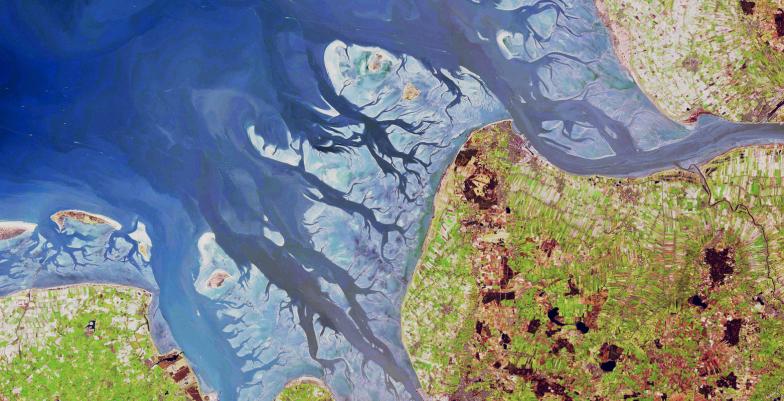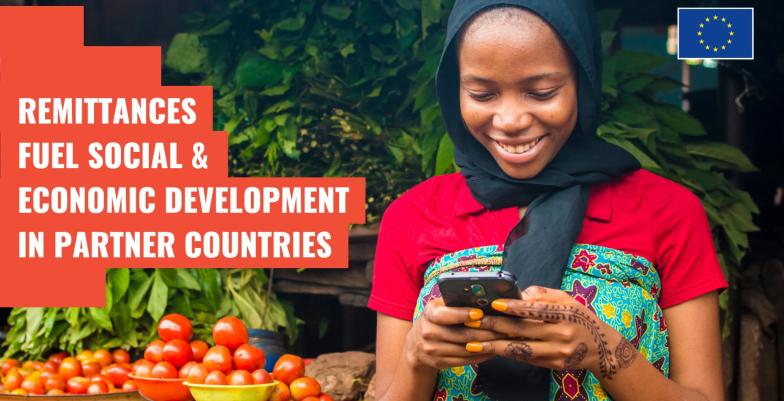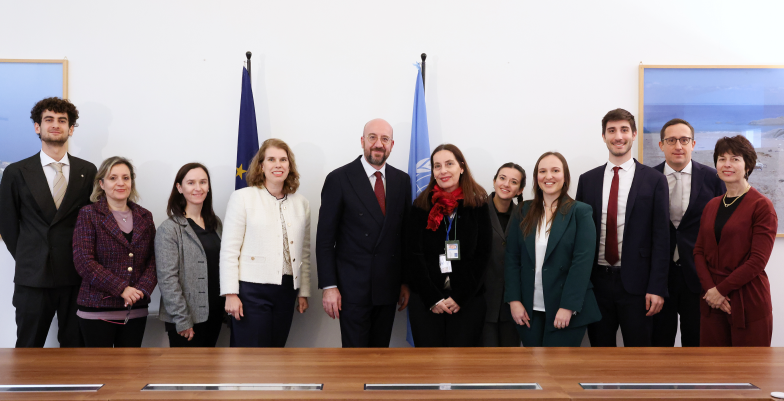RELATIONS WITH THE EU
The European Union and the Food and Agriculture Organization (FAO)
FAO leads international efforts to defeat hunger. Serving both developed and developing countries, FAO acts as a neutral forum where all nations meet as equals to negotiate agreements and debate policy. FAO helps countries to modernise and improve agriculture, forestry and fishery practices and ensure good nutrition for all.
Since 1991, when the EU became the 161st member (as a Member Organization) of FAO, the EU-FAO partnership has continued to grow. For the EU, FAO is a centre of excellence and knowledge with regards to normative work and policy advice in the main areas within its mandate.
Section Map
EU status in FAO
The Food and Agriculture Organisation (FAO)
The EU became a full FAO Member in 1991. On 26 November 1991, the EU became the 161st member (as a Member Organization) of FAO. Indeed, this accession represented an institutional breakthrough as it was the first time that the EU became a Member as such of a UN body, and the first (and unique up to now) time FAO welcomed a Member Organization.
The EU accession was made necessary due to the transfer of competences from the member countries to the EU for a range of matters under the scope of FAO (such as agriculture, fisheries, trade, health and consumer protection).
The status of membership of the EU required changes in the Basic texts of the Organization (Constitution of FAO), which were approved by the FAO Conference of 1991.
In addition, the EU membership introduced the concept of the 'alternative exercise of Membership rights' between the EU and its countries, which applies not only to voting rights but also to speaking rights. This means that whenever the EU exercises its right to vote, its countries shall not exercise theirs, and conversely.
The EU and its countries have to prepare all meetings of the FAO Governing Bodies (Council and Conference), as well as their Subsidiary Bodies, in a coordinated manner, so as to agree on joint positions and on statements on all substantive items of the agenda.
Basically, the EU speaks, negotiates and votes on issues of EU competence, whereas the presidency speaks, negotiates and votes on issues of EU countries' competence. There can be no cumulative exercise of rights of the EU and the EU countries. In practice, the following scenarios may arise:
EU competence: when EU competence is exclusive or predominant, the EU will have the right to vote and hence will speak on behalf of the EU and its 27 countries.
EU countries' competence: when an EU country's competence is exclusive or predominant, the country will have the right to vote, and, hence, the Council Presidency will speak on behalf of the EU.
EU-EU countries' shared competence: when competence is shared, it is either the EU or the country that takes precedence, and hence will vote and speak on behalf of the EU.
Under this process, EU coordination meetings take place in Brussels in the Coordination Working Party (FAO), during which, for all FAO meetings and all agenda items, a common position must be reached by the EU and the EU countries. In practice, this translates into statements being negotiated, finalised, and agreed to by all parties. This allows the EU to speak with one voice. This system, in place for 15 years now, is working to everybody's general satisfaction. Informal EU coordination meetings also take place in Rome, amongst the 27 EU Permanent Representatives to FAO, at least on a monthly basis, and before meetings if needed.
EU-FAO Cooperation
In 1991, the first Framework Cooperation Agreement was reached with the European Commission.
In 2004, a Strategic Partnership Agreement was established between the EU and FAO with the aim of enhancing the effectiveness of both partners in their efforts to achieve common goals and objectives in the field of development and humanitarian affairs. The new partnership focuses on fostering closer collaboration on:
- Food security.
- Sustainable rural development.
- Nutrition.
- Resilience.
- Gender.
- Food safety and quality.
- Climate change.
- Statistical cooperation and information exchange.
Under this new partnership agreement, the EU and FAO have further enhanced the policy dialogue at the Headquarters level and strengthened collaboration, particularly at the country level. Policy dialogue at the senior level takes place once a year between FAO and the EU.
For the period 2021-2027 and under the brand Global Europe, the European Union will make EUR 80 billion available for development projects, humanitarian aid, peace-building efforts, and partnerships with countries around the world. The EU's contributions to partner countries encompass a wide range of areas, including poverty reduction, education, food security, health, and infrastructure development.
FAO has a Liaison Office with the EU in Brussels in order to follow closely the work of the European institutions (Commission, Parliament, Committees, Council, European Economic and Social Committee) in areas of relevance to FAO policies and programmes, and facilitate communication and cooperation between FAO and these institutions.
EU financial contribution to FAO
FAO's Regular Programme budget is funded by its Members, through contributions set at the FAO Conference. The regular budget is composed of assessed contributions, each country having the obligation to pay an annual contribution calculated under UN budgetary rules. This regular budget is used to finance the daily functioning of FAO as well as basic actions directly falling under its mandate (such as technical cooperation). Since each of the 27 EU countries are paying their own contribution, the EU does not contribute to FAO's regular budget as such but pays an annual fee to cover the additional administrative costs incurred due to its membership of the Organization.
In addition to the regular budget, FAO relies extensively on extra-budgetary resources from member countries to finance specific programmes and projects. The voluntary contributions provided by members and other partners support technical and emergency assistance to governments, as well as direct support to FAO's core work. The EU is the largest donor to FAO's extra-budgetary resources, with the contribution of 230,157,385 USD in 2023.








